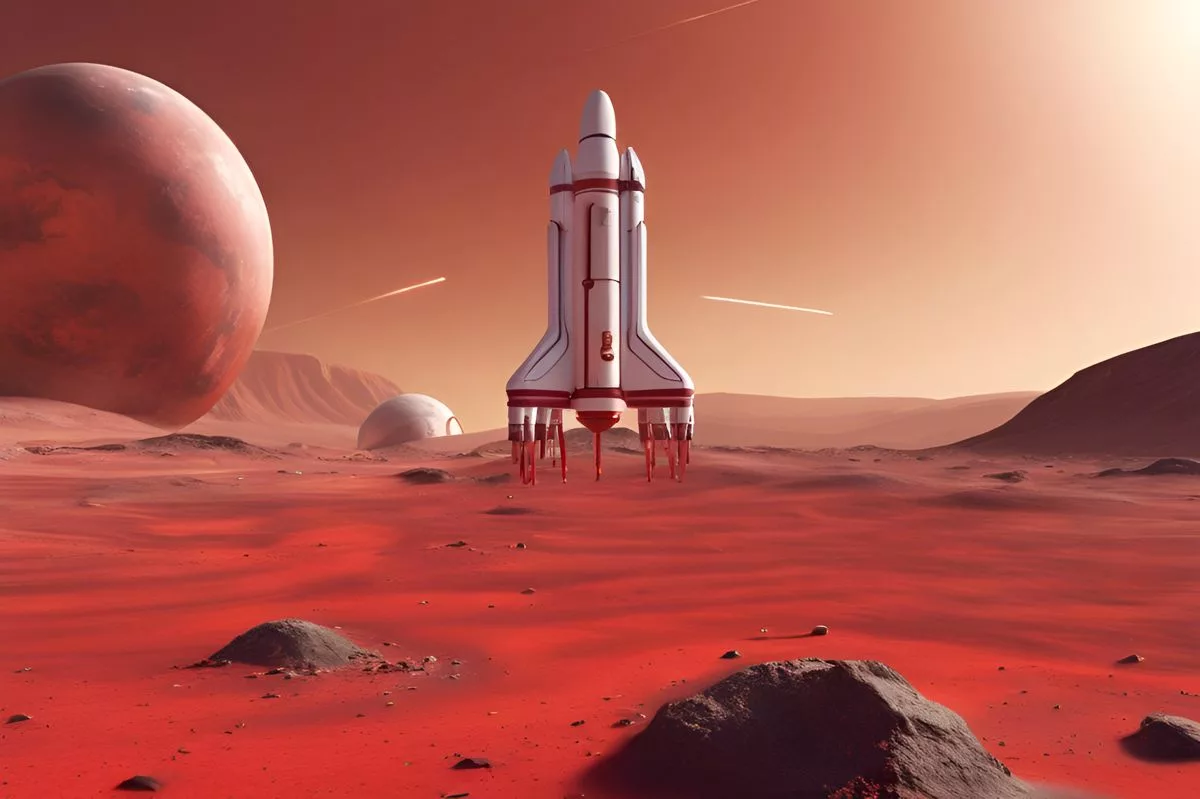Elon Musk, a visionary businessman, advocates for population growth not only on Earth but also to establish colonies on Mars. Despite criticism, Musk remains steadfast in his unconventional approach to population dynamics and his dream of colonizing Mars. He has expressed his concerns about the declining birth rates in Japan and the need for more human beings to fulfill his cherished ambition. While his views on population growth are not confined to Earth, they highlight the need for in-depth contemplation and discussion on the future implications of population dynamics.
Who is Elon Musk and why does he promote population growth?
Elon Musk is a business tycoon and visionary who advocates for population growth, not only for the sake of Earth but also to establish colonies on Mars. He emphasizes the need for more human beings, and his futuristic vision includes a populated Mars. Despite criticism, Musk remains steadfast in his unconventional approach to population dynamics.
Elon Musk, a renowned business tycoon and visionary, originally from South Africa and currently residing in the United States, has been actively expressing his apprehensions about the falling birth rates across the globe. While some might find his comments odd or even amusing, they underscore his deep-rooted conviction that humanity must thrive not only on Earth but also on Mars.
Musk: A Proponent of Larger Families and Interplanetary Colonization
Being a doting father to ten children, Musk never refrains from expressing his opinions on family expansion and population growth. Even at the age of 51, the billionaire’s energy appears unyielding, and his fervor for enlarging his family is evident. His unique sense of humor and futuristic vision were on full display when fellow business mogul, Mark Cuban, congratulated him on his recent newborn. When queried about the number of children he intended to have, Musk humorously retorted, “Mars needs people.”
While Musk’s reply might be taken lightly, it reveals his serious concerns about the decreasing population on Earth. He constantly emphasizes the requirement for more human beings, not only for the sake of our planet but also to fulfill his cherished ambition of establishing colonies on Mars. His stance has incited some criticism, with critics arguing his promotion of population growth is ill-advised. However, Musk remains unswayed, asserting via a 2022 tweet, “If there aren’t enough people for Earth, then there definitely won’t be enough for Mars.”
Japan’s Falling Birth Rates: A Worry for Musk
Recently, Musk’s worries have centered around the declining birth rate in Japan. Responding to a post about the dwindling birth rates in Japan on his app X, the billionaire business magnate ominously predicted, “Japan will disappear if something doesn’t change.”
The reactions to Musk’s comments were mixed. While some agreed with his concerns about Japan’s demographic crisis, others were swift to challenge him. A particular user underscored the contradiction in Musk’s views, pointing out his preoccupation with declining birth rates while concurrently showing apprehension towards immigration, despite being an immigrant himself.
A Broader Perspective on the Demographic Dilemma
To fully comprehend Musk’s worries and the counterarguments by his detractors, it’s significant to explore the wider debate on demographic trends. Numerous scholars have voiced their anxiety over the falling birth rates and aging populations, especially in developed nations like Japan. These trends present multiple problems, such as a diminishing workforce, escalating healthcare expenses, and potential economic slowdown.
Conversely, some argue that declining birth rates present societies with opportunities for adaptation and innovation. Lower birth rates often correspond with enhanced educational and career prospects for women, better child health, and less strain on resources.
Musk’s dream of colonizing Mars may sound implausible to some, but it aligns perfectly with his tendency to defy conventional norms and push boundaries in various fields, including technology, business, and societal matters. Regardless of whether one agrees with him, his bold statements undeniably provoke thought and draw focus to some of the pressing issues of our era.
While Musk continues to defy conventions and challenge societal norms, it’s clear that his views on population growth are not confined to Earth. His unconventional vision of a populated Mars is a testament to his forward-thinking approach. However, it also highlights that population dynamics and their future implications are intricate issues that demand in-depth contemplation and discussion.
1. Who is Elon Musk and why does he promote population growth?
Elon Musk is a business tycoon and visionary who advocates for population growth, not only for the sake of Earth but also to establish colonies on Mars. He emphasizes the need for more human beings, and his futuristic vision includes a populated Mars. Despite criticism, Musk remains steadfast in his unconventional approach to population dynamics.
2. What is Musk’s opinion on declining birth rates in Japan?
Musk has expressed his concerns about the declining birth rates in Japan, stating that “Japan will disappear if something doesn’t change.” He believes that the decreasing population is a serious issue that needs to be addressed.
3. What are the potential problems associated with declining birth rates?
Declining birth rates present multiple problems, such as a diminishing workforce, escalating healthcare expenses, and potential economic slowdown. These trends are especially prevalent in developed nations like Japan.
4. What are some counterarguments to Musk’s promotion of population growth?
Some argue that declining birth rates present societies with opportunities for adaptation and innovation. Lower birth rates often correspond with enhanced educational and career prospects for women, better child health, and less strain on resources.
5. What is Musk’s vision for establishing colonies on Mars?
Musk’s vision includes establishing colonies on Mars, which he believes is essential for the future of humanity. He emphasizes the need for more human beings, not only for the sake of Earth but also to fulfill his dream of colonizing Mars.
6. Why is Musk’s promotion of population growth controversial?
Musk’s promotion of population growth is controversial due to concerns about overpopulation and the strain it can put on resources. Critics argue that his views on population growth are ill-advised, and that the focus should instead be on sustainability and reducing our impact on the environment.












